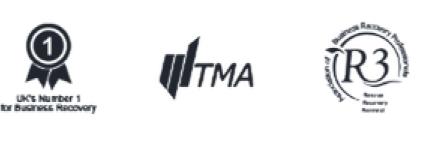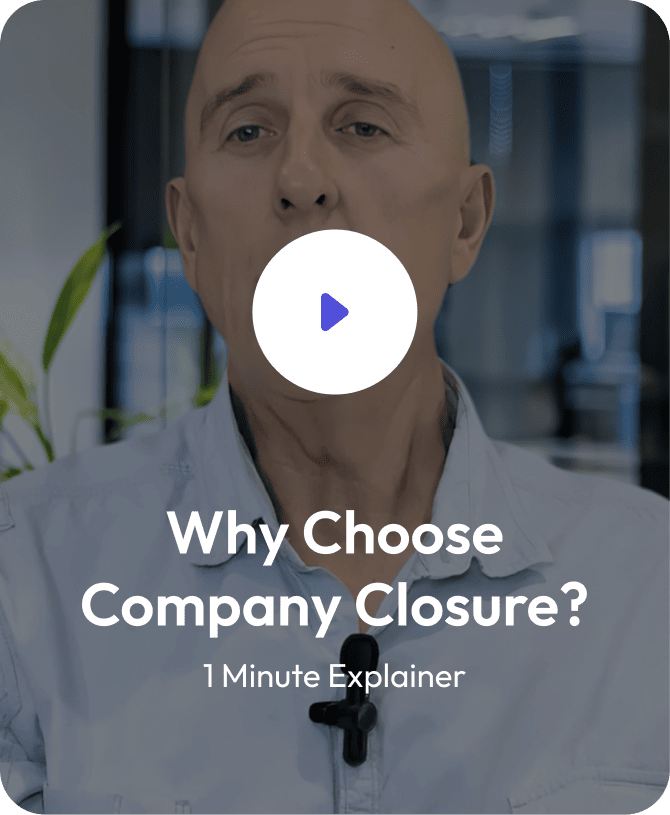Categories of creditor and their order of repayment when a company is closed
When it comes to a Creditors’ Voluntary Liquidation (CVL) – the most common type of liquidation process in the UK – the rules governing who gets paid first are set out in the Insolvency (England and Wales) Rules 2016, Rule 6.42, and is as follows:
Insolvency Practitioners fees
The professional fees incurred by the appointed insolvency practitioner for administering the liquidation are paid ahead of all other claims
Secured creditors with a fixed charge
The group that lies at the top of the hierarchy for repayment is secured creditors with a fixed charge on a company asset or assets. This charge allows them to repossess the asset and sell it to recoup their money.
Preferential creditors and secondary preferential creditors
Employees who are owed certain debts, including arrears of wages, holiday pay, notice pay and redundancy payments, are known as preferential creditors. Secondary preferential creditors are repaid after employees and HMRC is an example of this for some tax debts, including outstanding VAT.
Secured creditors with a floating charge
A floating charge can be made against an asset class, such as stock or raw materials – one that can be traded and that isn’t subject to a fixed charge. Part of the proceeds of these assets is set aside for the benefit of unsecured creditors, and this is known as the ‘prescribed part.’
Unsecured creditors
Unsecured creditors fall near the bottom of the statutory hierarchy in a company insolvency and if the company has few assets to liquidate, they may receive little or no return from the procedure. This group typically comprises trade suppliers, customers, clients, contractors, and HMRC for certain debts.
Connected unsecured creditors
This group is made up of unsecured creditors that have an association with the company, such as a director’s family member or friend, or a member of staff who has loaned money to the company.
Prioritising the interests of creditors as a whole
The importance of prioritising the interests of creditors as a whole when a company is unable to repay all of its debts cannot be understated. If you pay one creditor in favour of others, for example a connected unsecured creditor, it’s known as a preferential payment and can be reversed by a liquidator. This leaves you at risk of misconduct allegations and the possibility of becoming personally liable for some of your company’s debts.
Company Closure can provide more detailed information on paying creditors in the correct order and support you if your company has to close down. Please call one of the team to arrange a free consultation.
Need to speak to someone?
With multiple offices across the UK and a vastly experienced team of business closure experts, you are never far away from the advice you need. Our Licensed insolvency practitioners provide free consultations to all directors and shareholders, and can quickly ascertain which closure method is best for your business.
We are licensed by recognised professional bodies and have helped thousands of directors over many years. Contact us today for your free company closure consultation.
Related Posts
25,000+ Company Directors Supported – Partner Led Service
At Company Closure we have a nationwide team of licensed insolvency practitioners and company closure experts here to help you understand your options. Whether your company is solvent or insolvent, there is a closure method out there to suit you.
Call our team of licensed insolvency practitioners today:




